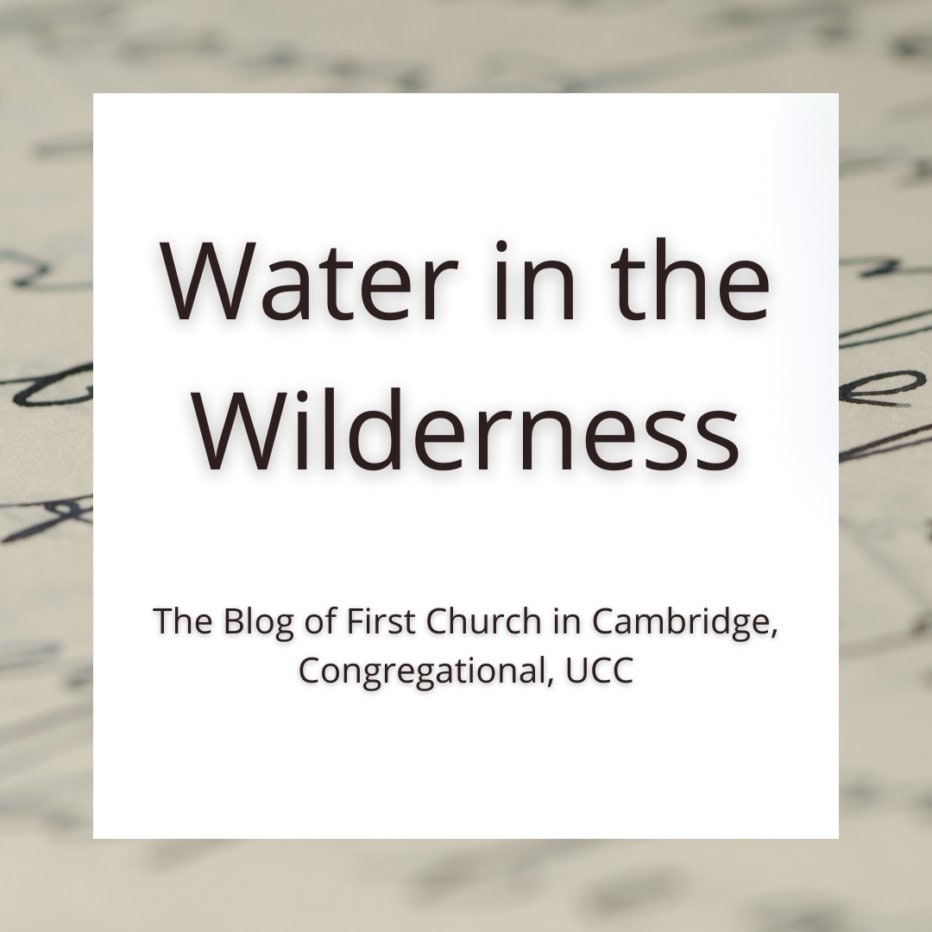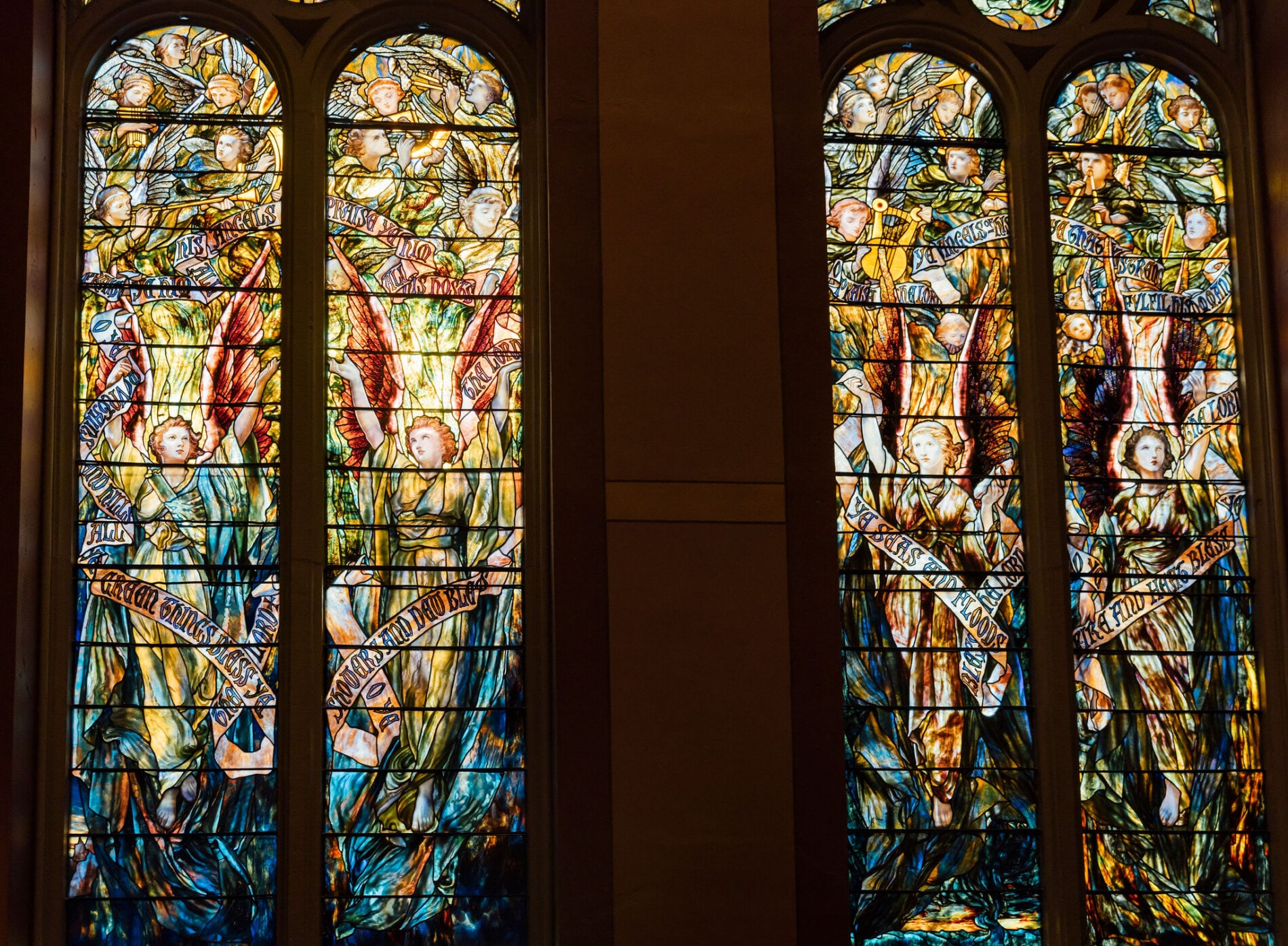
There is Hope, Even Across the Walls and Divisions We Create
This week’s post is written by Jaz Buchanan, our Pastoral Associate.
This past summer I worked at Beverly Hospital in Beverly, Massachusetts as a Chaplain intern, completing my first unit of Clinical Pastoral Education (a program that teaches spiritual care). I was blessed with an amazing cohort. There were five of us working for the first time as chaplains in a hospital – all from different religions and even those of us who identified as Christian, were grounded in different traditions within Christianity. Once a week we would partake in a “group process” discussion. This was a time for us to just focus on our group and relationships with one another.
During one meeting, one of my colleagues, who over the course of the summer became a dear friend of mine, bravely confessed that he was not sure he could wear a rainbow pin. Although he has great love and respect for LGBTQ+ friends and the community, wearing a rainbow pin would not exactly mirror his theological beliefs. I remember witnessing such sincerity and was grateful for his honesty. I also remember saying that I would be lying if I did not feel hurt, but that that hurt was more of a response to how some theological beliefs have and continued to be used to do harm and condone violence against the LGBTQ+ community.
A week or so later, I asked if we could re-visit the conversation. As time went on, I felt dissatisfied and did not feel like I shared as much as I wanted to. I was also hesitant because I did not want to hurt my colleague’s feelings or affect our colleague relationship or worse, friendship. I also recognized that up until this point, I had shut myself off from anyone who had different beliefs, especially when it came to LGBTQ+ lives. Here I was. I could not place my colleague into a box that I used to label as ignorant, hateful, and narrow-minded. He was not any of those things.
In our meeting, I asked to re-visit our conversation about rainbow pins and everyone agreed. Trying to desperately to hold back my tears, I asked my colleague, “how can you see my full humanity as a gay woman?” Tears, representing years of hurt, rolled down my cheeks. I never once really doubted that he did not see my full humanity, but I needed to ask how. I could see in his eyes that this was also really hard for him.
He affirmed that he does see my full humanity and that what helps him is that he is willing to hold onto a possibility that he could be wrong. I knew this conversation was not just about us anymore, but something bigger. It was also about our cohort, our country and this world. I told him that when it comes to LGBTQ+ lives, my life, I cannot extend the same generosity. I cannot hold the possibility that I am wrong. It was at that moment when I experienced grace in abundance. “I know,” he said, gently and affirming years of hurt and pain.
This was really hard, and I will forever be grateful for these conversations and for our friendship. We were both able to share honestly and openly with one another without trying to sacrifice our own beliefs or change the other person. Our friendship has given me so much hope – particularly for a country so divided. We do not need to put aside our own beliefs or somehow pretend to be neutral. We just need to expand our hearts as much as we can muster, but more importantly trust that the peace, love and grace of Christ will guide us.
Jaz Buchanan
Pastoral Associate
